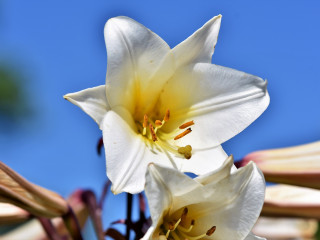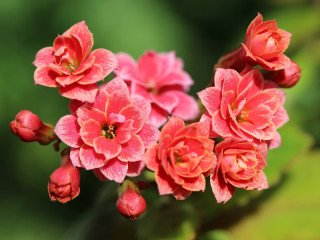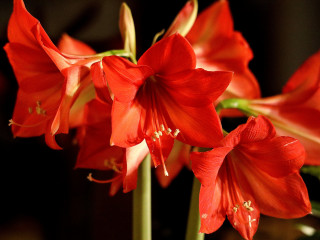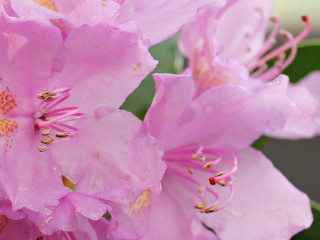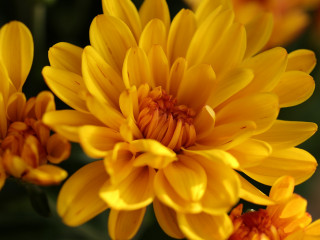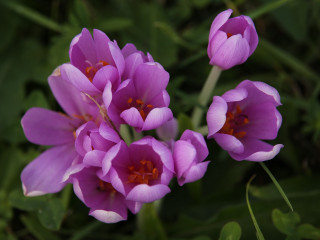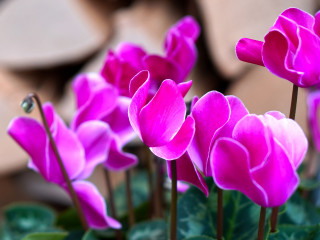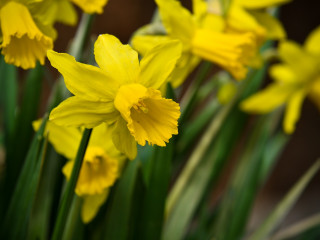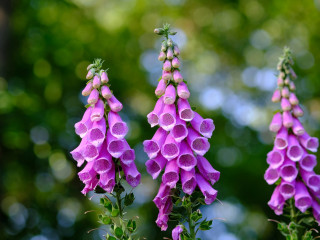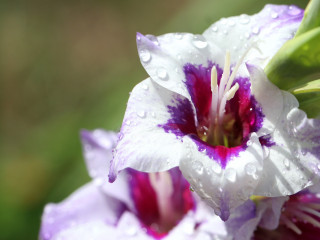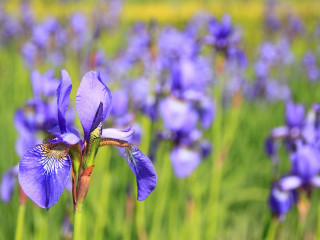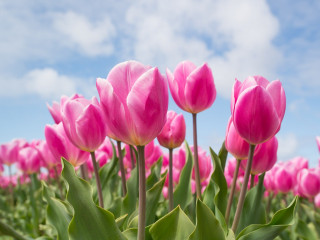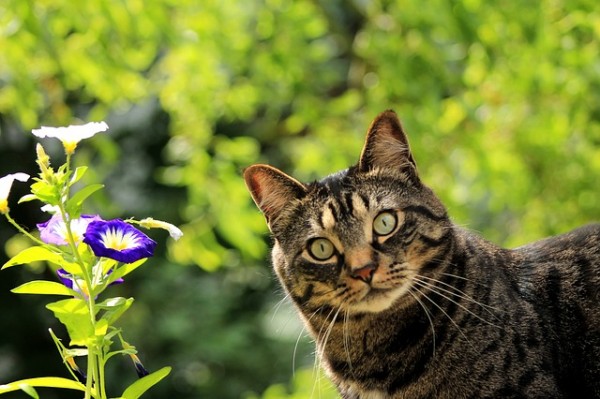
Never give cat owners any of these plants or flowers
Staggeringly, Brits spend more than £2 billion a year on freshly-cut flowers and indoor plants. But few people know that many of the most popular varieties of flowers are extremely poisonous to cats.
With flower bouquets set to be a popular gift this Mother’s Day, everyone should know which flowers should never be given to cat owners.
In this article, our emergency vet lists several flowers and plants which are poisonous to cats. Be sure to avoid these so your kind gift doesn’t have any tragic consequences.
If you think your pet may have eaten any of these plants or flowers please contact your vet immediately or, out of hours, find your nearest Vets Now pet emergency clinic or 24/7 hospital.
1. Lilies
Certain types of lily – those from the Lilium or Hemerocallis species – are very, very dangerous for cats. These include Asiatic, Day, Easter, Japanese Show and Tiger lilies. All of these flowers contain highly toxic substances and eating just two or three leaves, or even drinking water from a vase containing them can be potentially fatal. In fact, cats have even been known to swallow a toxic amount of pollen just by grooming themselves after brushing against the flowers.
If you ever suspect your cat has eaten, or even licked, a lily seek urgent veterinary advice. Treatment is likely to include induced vomiting and intravenous fluid therapy. Your cat may also be given activated charcoal, which is sometimes used as a form of gastrointestinal decontamination for poisoned pets.
If left untreated, however, lily poisoning can cause long-lasting kidney damage and potentially even death. The moral of the story is – while there are some harmless lilies out there – never, ever buy a cat owner lilies unless you know they’re safe. Read Millie’s story to find out more.
2. Amaryllis
Amaryllis aren’t just a popular gift, they’re also a poisonous one. The stalks, flowers and bulbs contain phenanthridine alkaloids which are toxic to cats. The highest proportion is in the bulbs. Eating amaryllis can cause vomiting, changes in blood pressure, tremors and seizures.
3. Daffodils
Daffodils are synonymous with spring. But the yellow flowers contain a poisonous alkaloid that can trigger vomiting while crystals in the bulbs are severely toxic and can cause serious conditions such as cardiac arrhythmias or respiratory depression.
4. Tulips
Behind the rose, the tulip is the country’s most popular cut flower. But unfortunately, tulips are toxic to cats. The bulbs are the most toxic part but any part of the plant can be harmful to your cat, so all tulips should be kept well away. They contain allergenic lactones which, if swallowed, can lead to vomiting, diarrhoea and depression.

5. Chrysanthemums
Although only mildly toxic, chrysanthemums contain pyrethrins, which are used in dog flea and tick medications, and are particularly poisonous to cats. If your cat has eaten chrysanthemums look out for vomiting, diarrhoea and lack of appetite and seek advice from your vet.
6. Hyacinths
Belonging to the liliaceae family, the highest concentration of poison in hyacinths is in the bulbs. Eating a hyacinth bulb can lead to drooling, vomiting, or diarrhoea, depending on the number consumed.
7. Iris and gladioli
‘Are gladioli poisonous to cats?’ is one of the most commonly asked questions on our website. Both of these flowers belong to the Iridaceae family and can cause irritation when eaten. Like many popular spring flowers, the most toxic part is the bulb.
8. Cyclamen
A popular houseplant that’s prevalent in Mediterranean countries, cyclamen contains irritating saponins. Eating the plant can lead to sickness and diarrhoea and potentially even heart failure if ingested in large enough quantities.
9. Widow's thrill
Kalanchoe, or widow’s thrill, is toxic to cats and may cause them to experience vomiting and diarrhoea. The toxins in kalanchoe have also been known to cause abnormal heart rhythms.
10. Foxglove
Foxglove, while very beautiful with its trumpet-like blossoms, are very poisonous to dogs, cats, and even humans. Foxglove contain naturally-occurring poisons that affect the heart.
11. Crocus
Both types of crocus plant – the spring crocus and the autumn crocus – are dangerous to pets. The spring crocus can cause gastrointestinal issues including vomiting and diarrhoea if ingested. All parts of the autumn crocus are highly toxic and can cause severe symptoms including vomiting, bloody diarrhoea, gastrointestinal bleeding, liver and kidney damage, respiratory failure, seizures and potentially even death. You may see signs right away or they may take days to appear.

